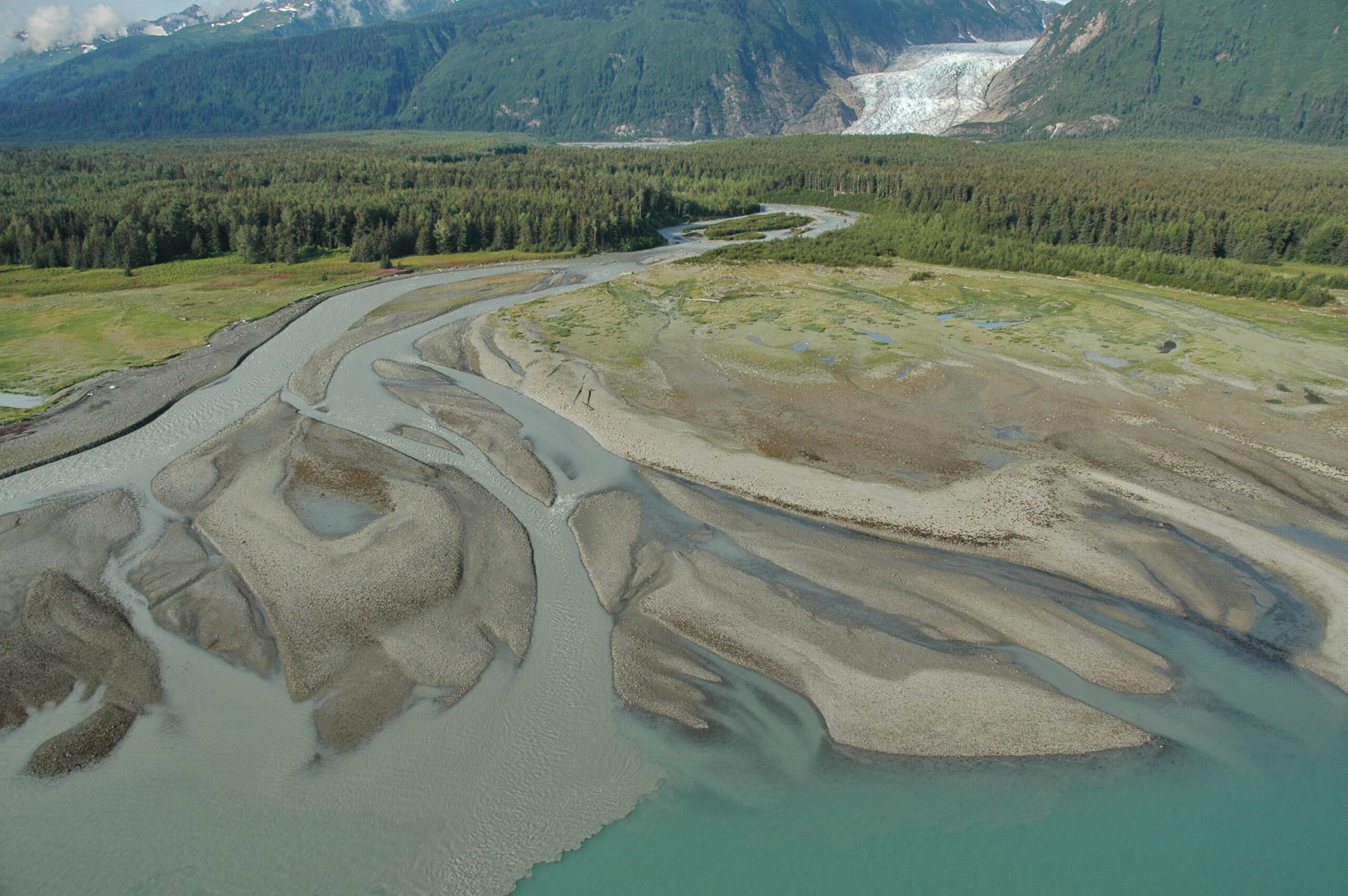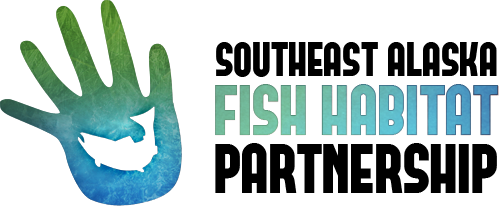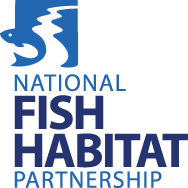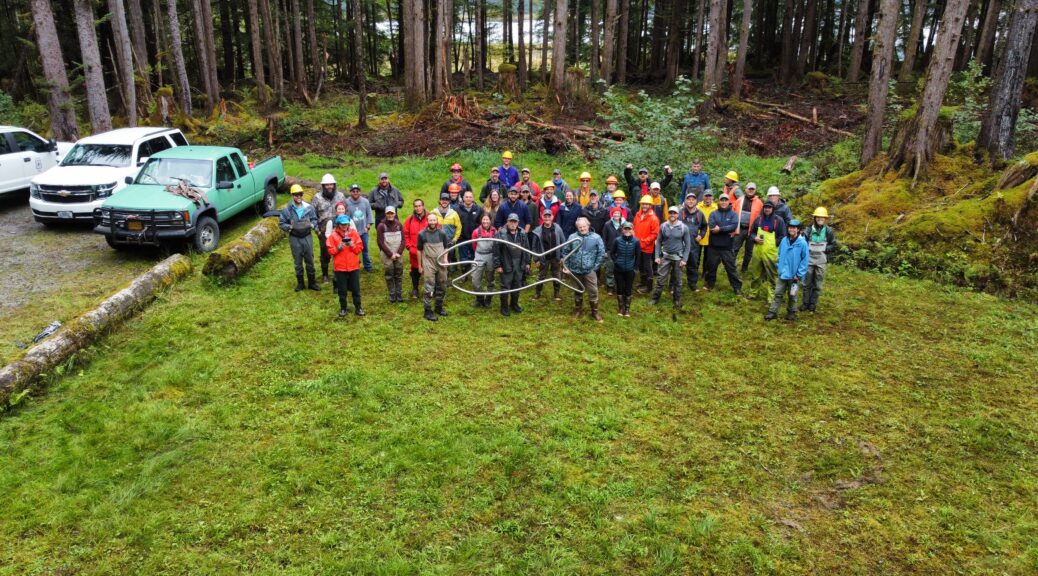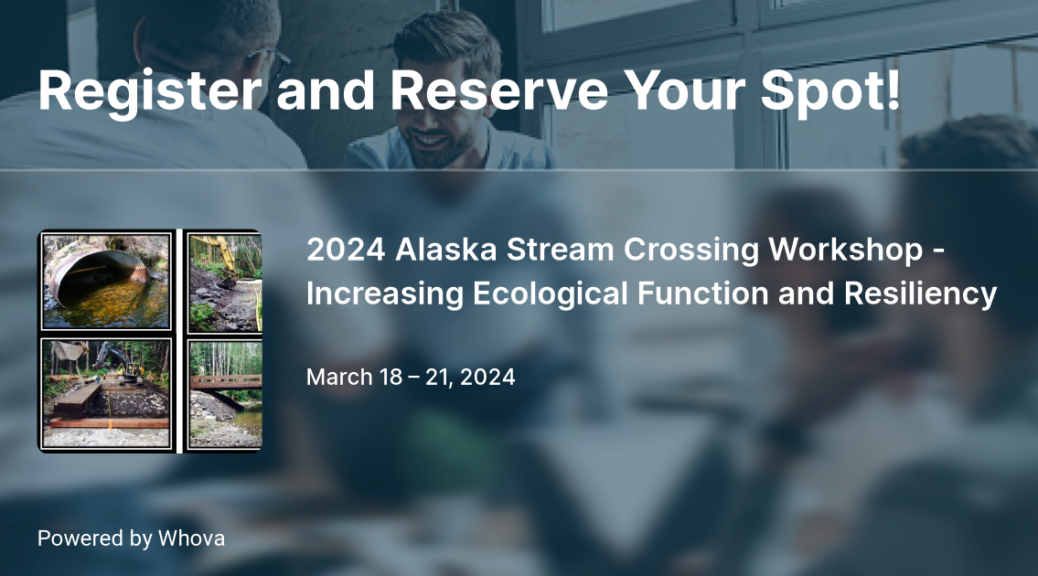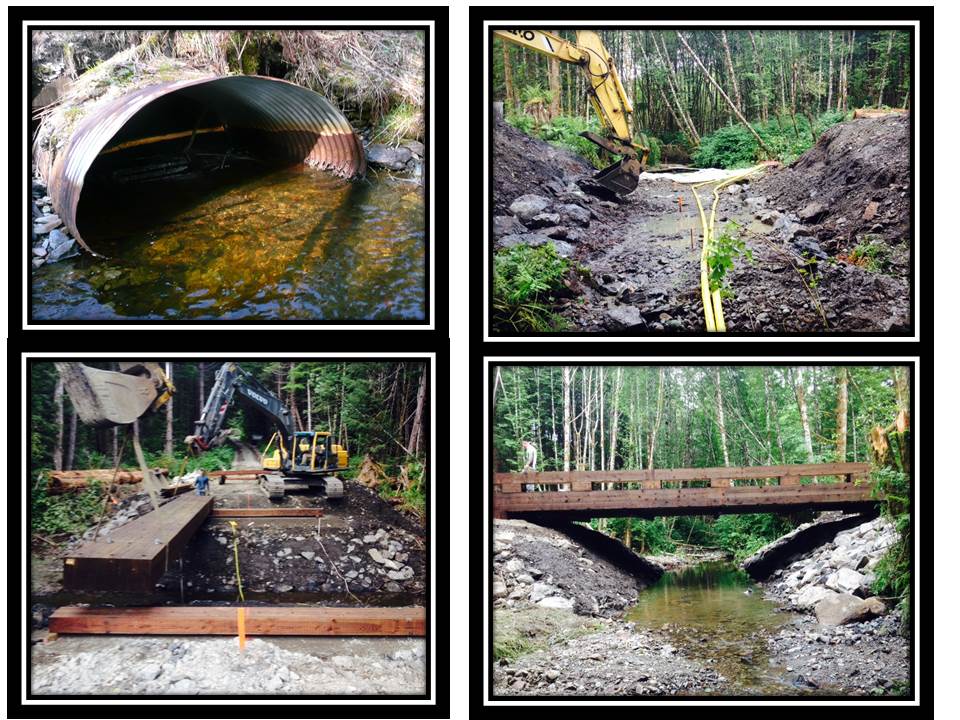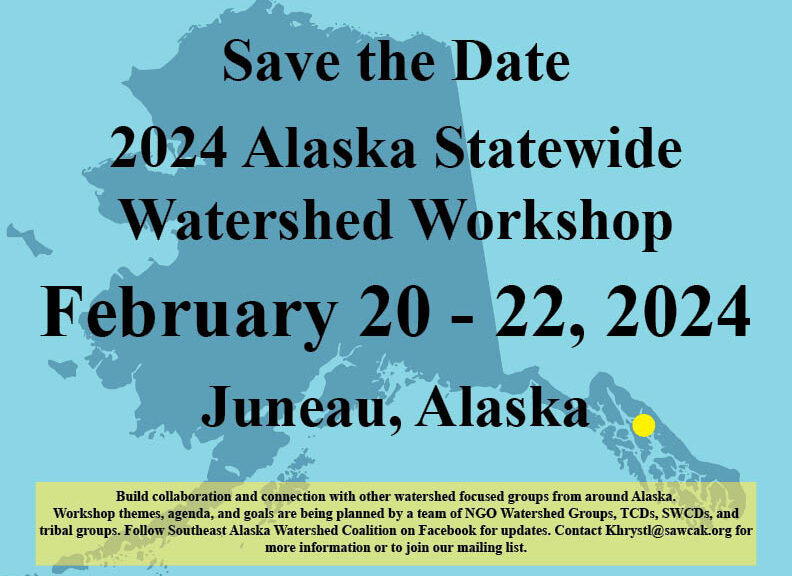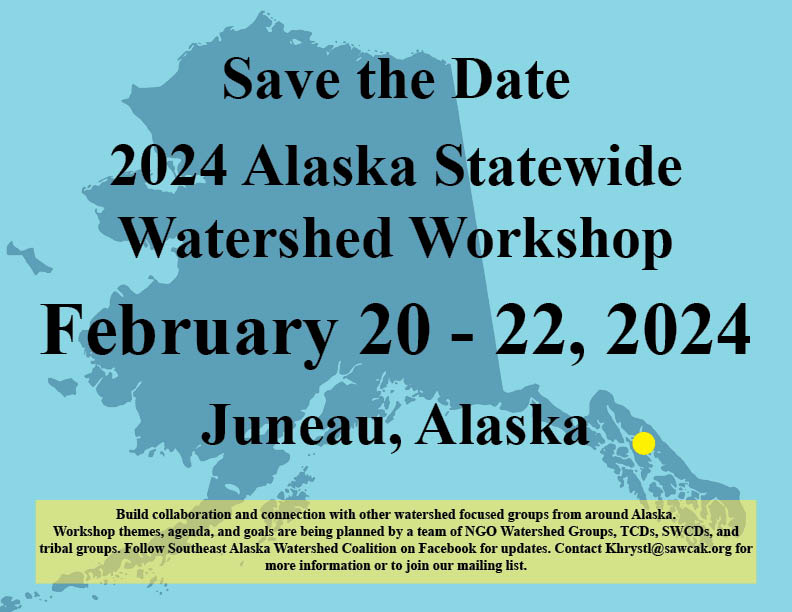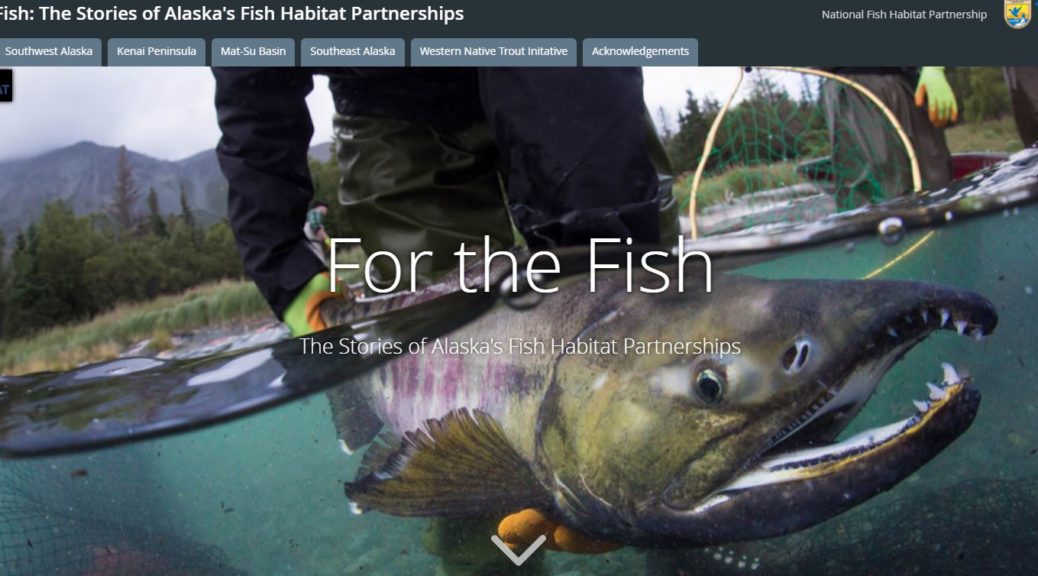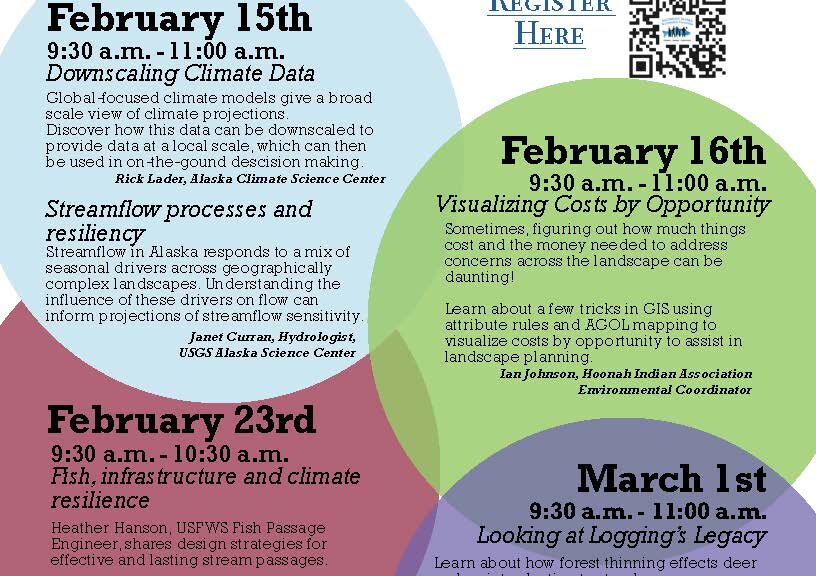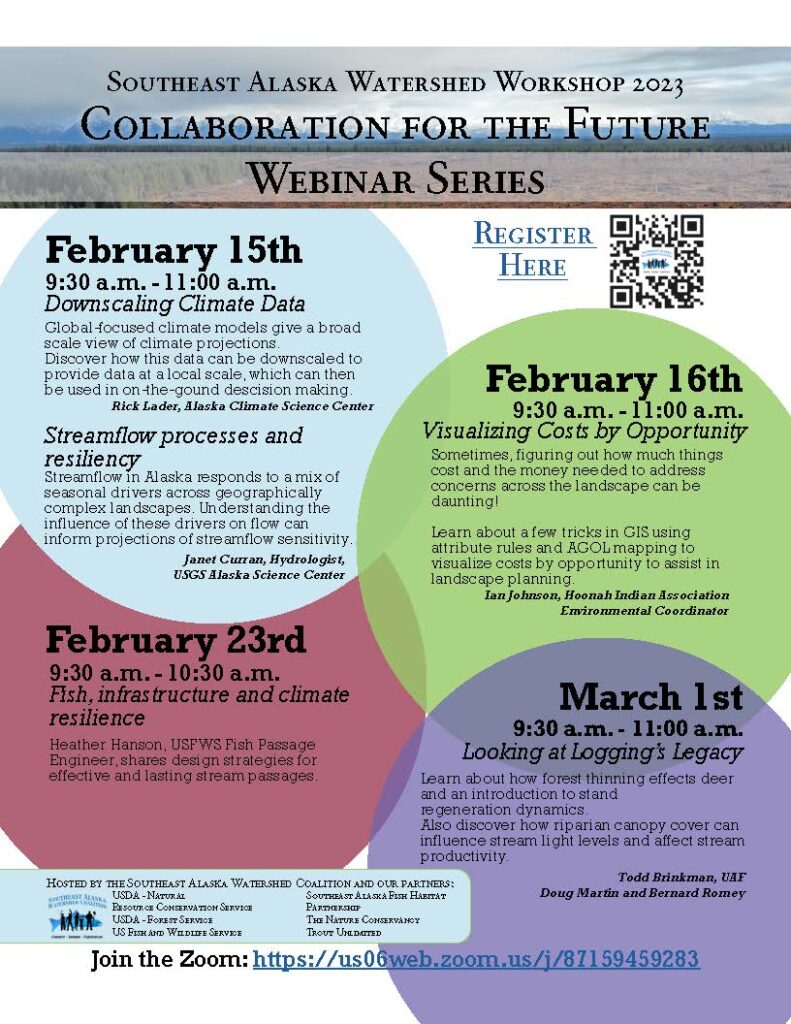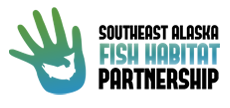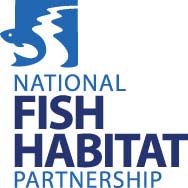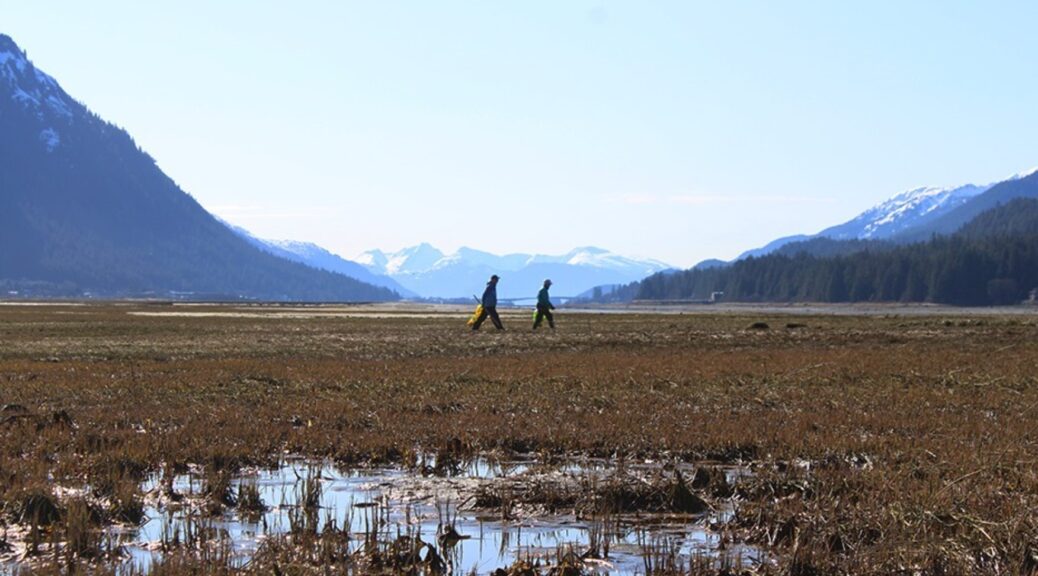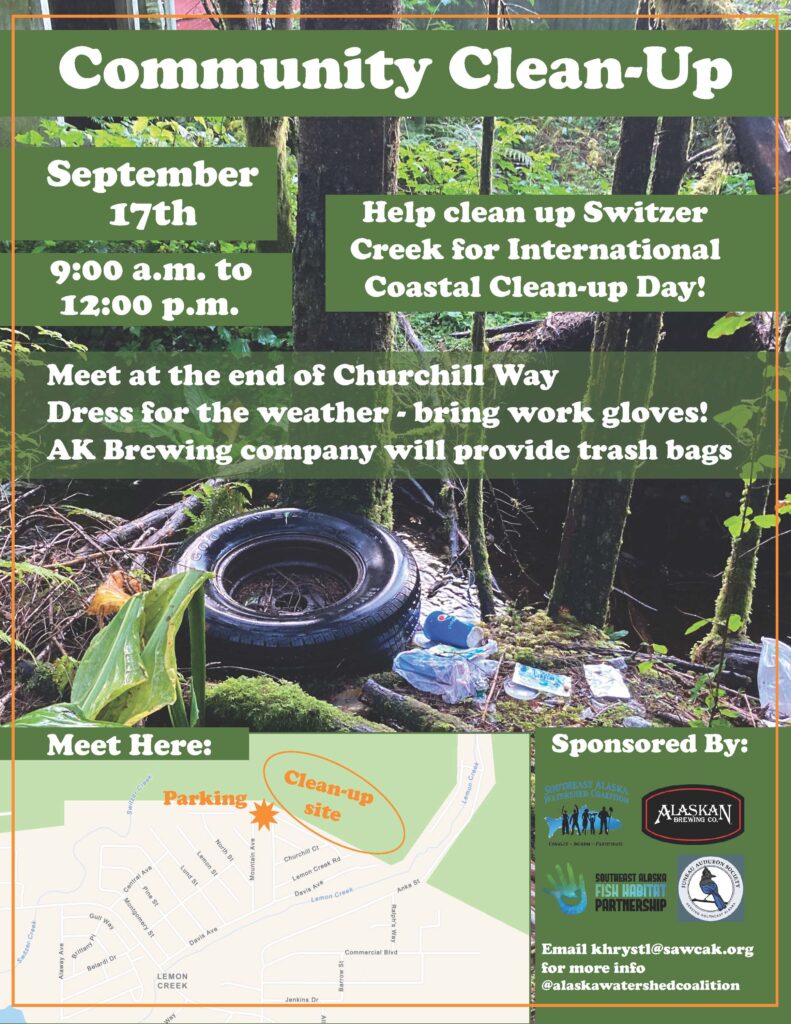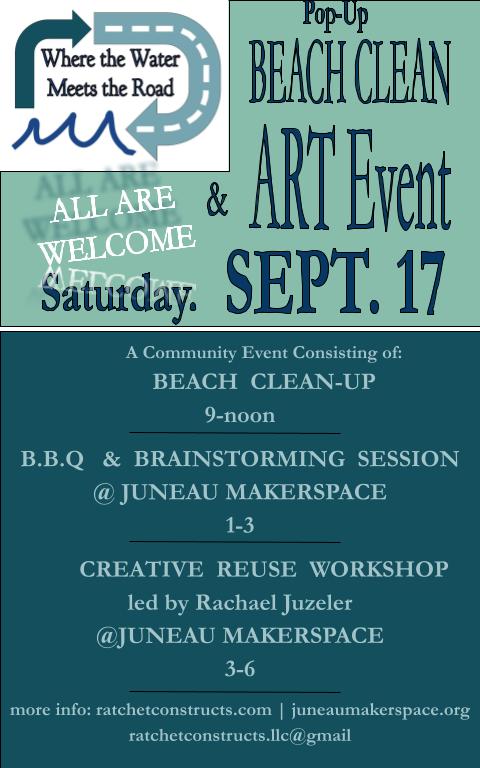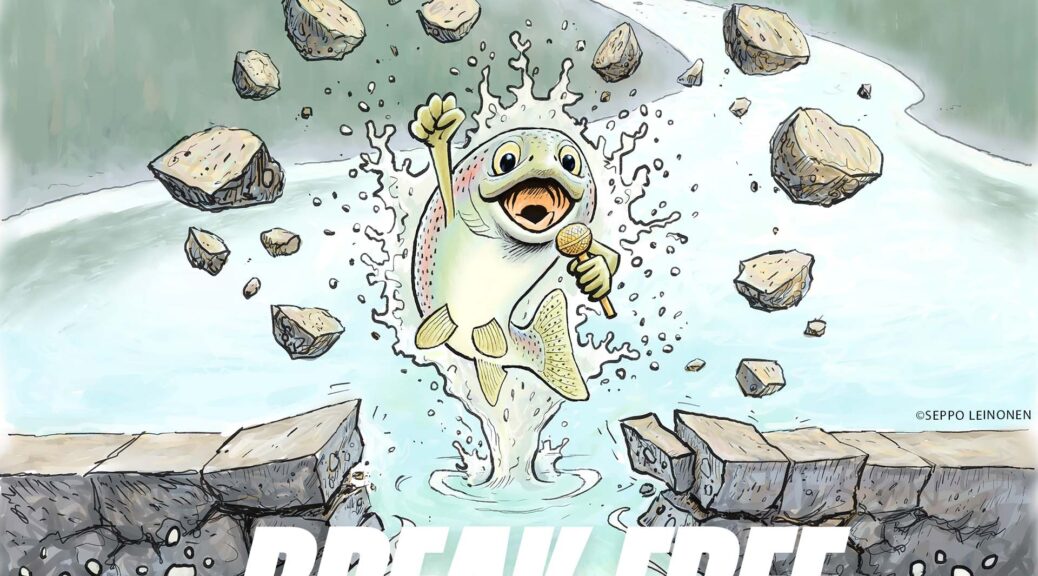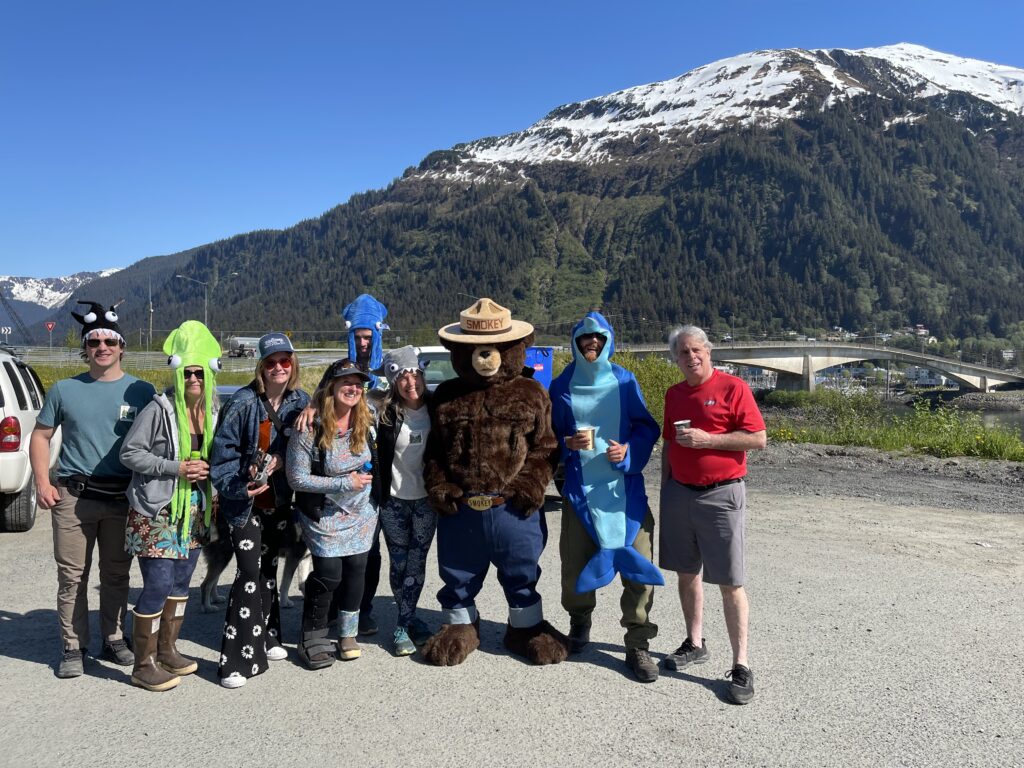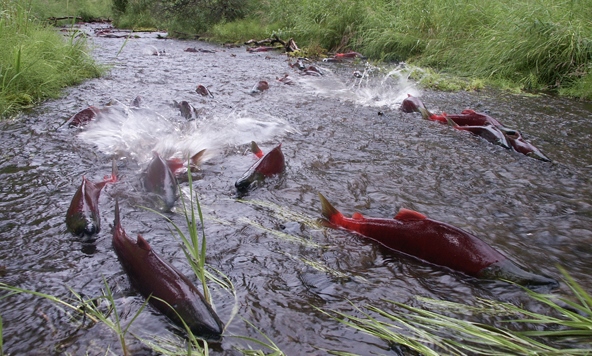SEAKFHP’s NFHP FY26 Request for Project Concept Proposals is Open! Apply by 5pm Wednesday, MARCH 12th, 2025
The Southeast Alaska Fish Habitat Partnership (SEAKFHP, www.seakfhp.org) is soliciting project concept proposals for FY26 NFHP project funding. SEAKFHP works to foster cooperative fish habitat conservation in freshwater and coastal ecosystems across the southern panhandle of Alaska and is a fully recognized coastal partnership under the National Fish Habitat Partnership (NFHP, www.fishhabitat.org).
Critical to our success is connecting key partners and providing information needed to make sound decisions about conservation of our region’s aquatic resources and habitats. Additionally, our partnership works to address threats impacting fish and their habitats and has a strong interest in building resiliency across the region to support overall productivity and health of fish in this unique part of Alaska.
As one of 20 federally recognized National Fish Habitat Partnerships, SEAKFHP is eligible to solicit projects for potential project funding made available to grantees annually through oversite and direction of the NFHP Board.
Eligible Projects: Projects considered for funding address science-based habitat protection, restoration, and enhancement activities that benefit freshwater and coastal aquatic habitats in Southeast Alaska and are addressed under SEAKFHP’s Strategic Action Plan. NFHP funds can be used for on-the-ground habitat projects and related project assessment, design, monitoring and outreach activities. Eligible projects may include riparian or instream habitat protection, restoration, and enhancement; barrier removal or construction; range-wide population or watershed habitat assessments to prioritize and plan habitat conservation; and habitat-related community outreach and education actions.
We look forward to receiving project proposals to further protect, restore, and enhance our productive freshwater and coastal fish habitats! For any questions, please contact Deborah Hart, SEAKFHP Coordinator, at coordinator@sealaskafishhabitat.org.
The complete funding announcement and all relevant documentation can be found here:
Please note (this meeting has been rescheduled): we will convene a webinar on Tuesday, February 18th, 2025 from 2-3pm Alaska Time to discuss the funding opportunity: join us at this Zoom link to learn more….
Join Zoom Meeting
https://us02web.zoom.us/j/86274585779?pwd=by9ESk5SdEo4NkRUK2pEejVLU2F3dz09
Meeting ID: 862 7458 5779
Passcode: 592791

